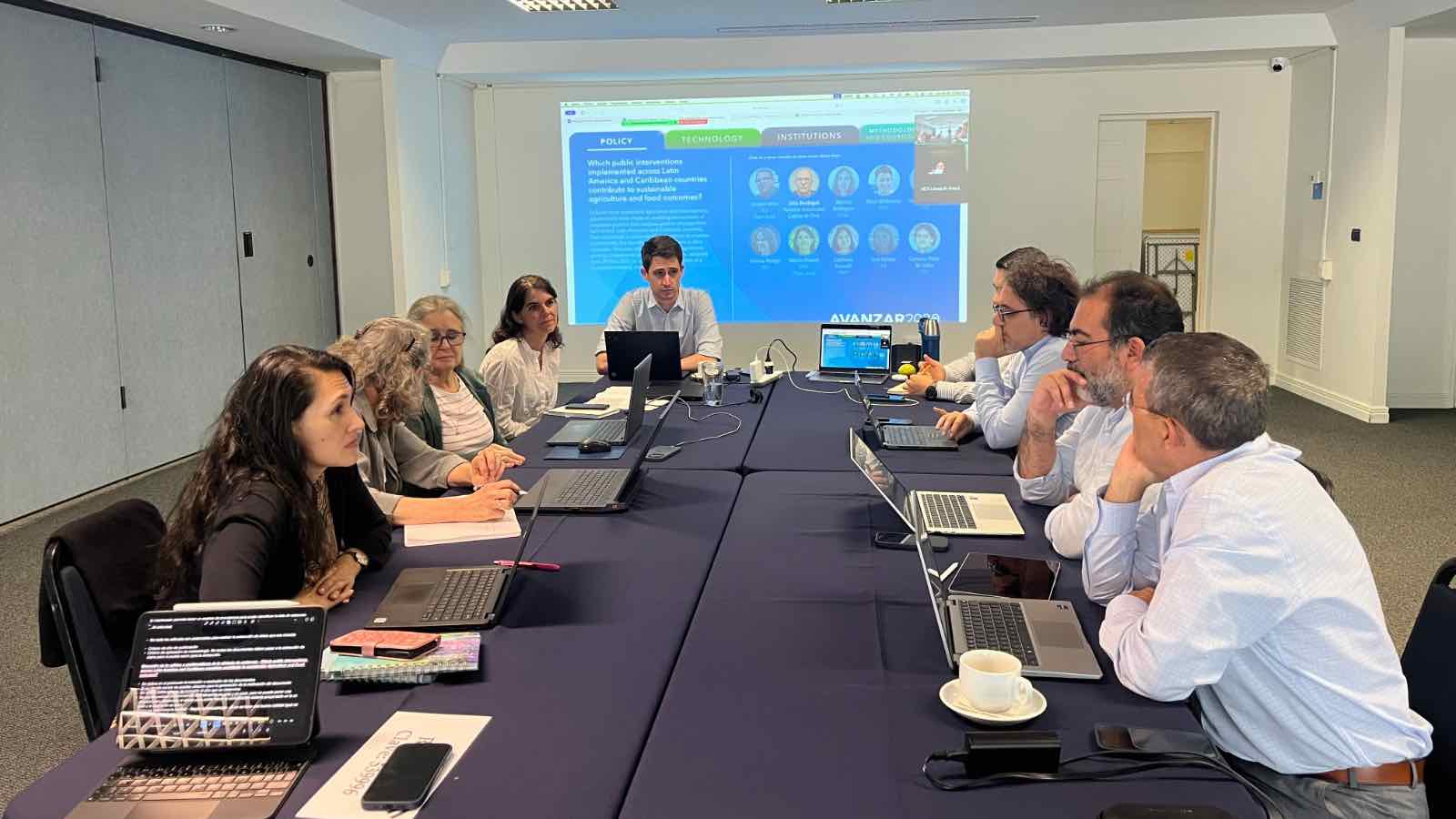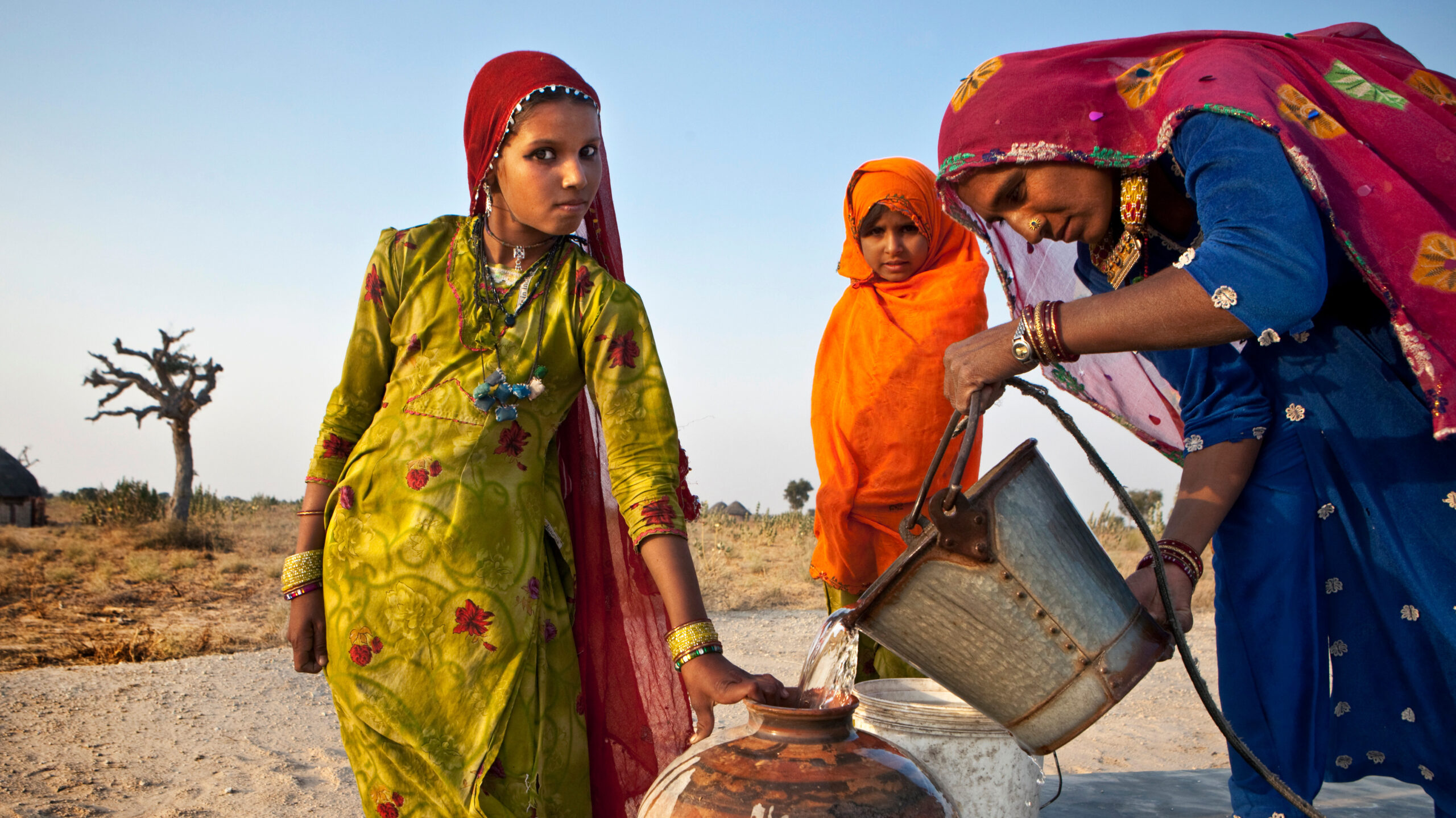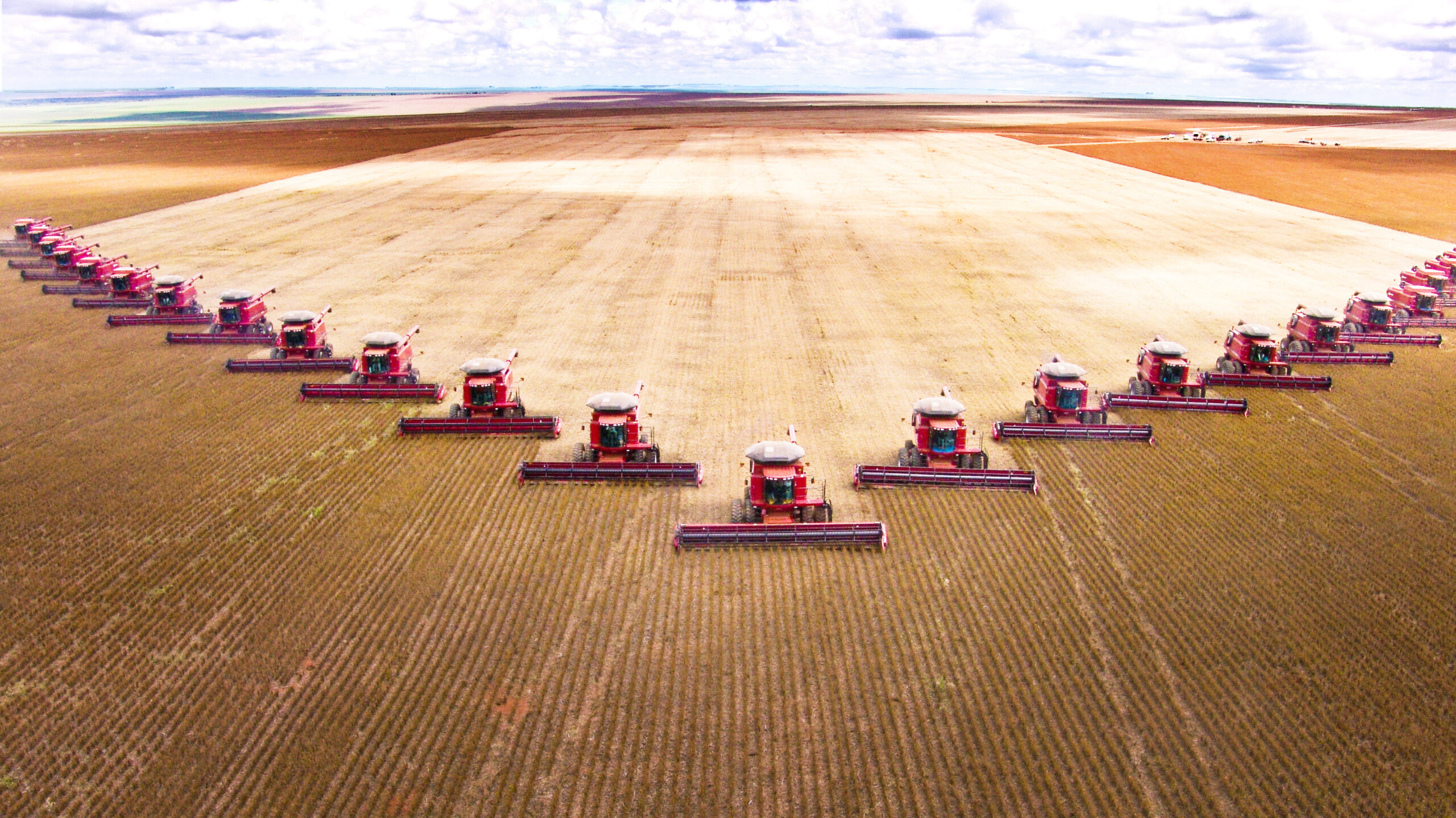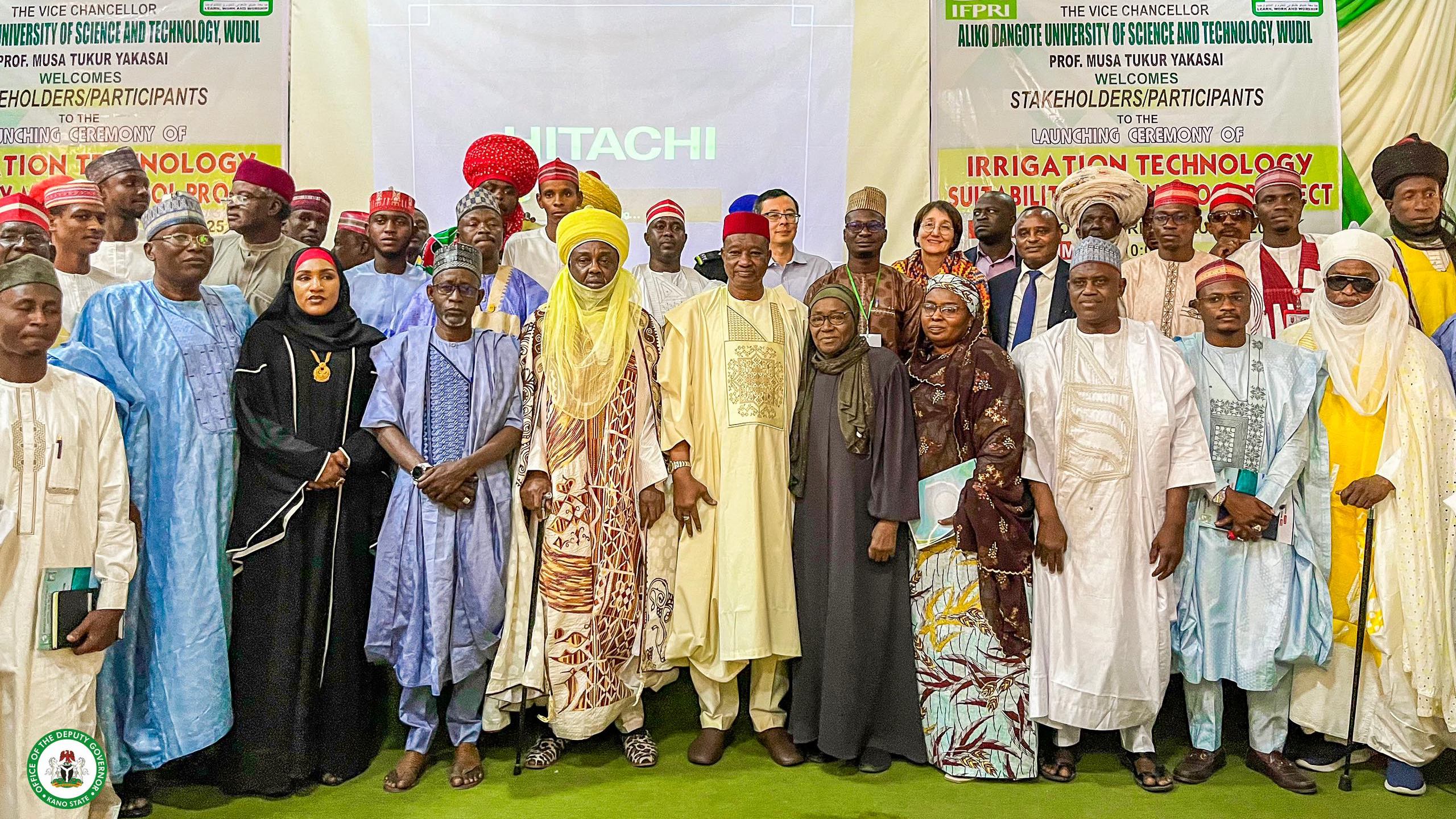Many policies have been implemented across Latin America and the Caribbean (LAC) to make agrifood systems more sustainable and promote food security. Identifying the most effective and innovative among these is crucial to efforts to adapt to climate change, sustainably transform food systems, and other key goals. The project Avanzar2030: Innovation for Sustainable Agrifood Systems seeks to identify such policies, technologies, and institutions that can drive positive change in LAC—and contribute to larger global efforts.
Policymakers, researchers, and library scientists convened at an Avanzar2030 workshop April 25-26 at the Inter-American Institute for Cooperation on Agriculture (IICA) headquarters in San Jose, Costa Rica to exchange insights, share experiences, and collectively explore avenues for transformative change.
The event provided a platform for author teams to review and code publications, laying the groundwork for synthesizing evidence to inform decision-making and policy formulation. This process provided experts with a valuable opportunity to systematically examine the current state of food systems research in LAC and gain insights that can readily be applied to the work of their respective institutions.
As Lina Salazar, Lead Economist for Rural Development, Agriculture, and Natural Resources at the Inter-American Development Bank (IDB), noted that for her organization, “this type of project is crucial because it allows us to support countries in making evidence-based policy decisions with empirical and academic support.”
Beyond providing actionable research, Avanzar2030 is fostering a network of experts from across the region with diverse experiences and a shared interest in building sustainable food systems. The initiative builds on the principles set during the Ministerial consensus emphasizing the centrality of agricultural producers and the foundational role of science in policymaking. The project aspires to amplify the impact of this process by fostering partnerships for action.
Cristian Morales, a Senior Economist with the UN Food and Agriculture Organization (FAO), commented on this experience: “It is very interesting for FAO to collaborate with different institutions that are also dedicated to food and agriculture. It is an opportunity to collaborate, combining efforts, knowledge, and experiences from our different projects. The results can be very useful, including the methodology that we are learning to work with and that allows us to find evidence in different contexts.”
At the event, library scientists from institutions across LAC, the United States, and sub-Saharan Africa came together to learn about literature synthesis methods, share experiences, and workshop their search strategies in a South-South exchange.
This team of library scientists forms the bedrock of the Avanzar2030. They work closely with the research team to refine search criteria and use innovative machine learning approaches to scan the body of published literature on sustainable food systems in LAC and extract thousands of publications. These are then systematically reviewed, first with AI tools and later by the content experts, to identify a subset of relevant studies which will form the basis of the evidence synthesis.
Gracian Chimwaza, an expert on these methods from the Information Training & Outreach Centre for Africa, commented on the experience: “Of course, we know low-income countries also have the skills and experience that is required in this kind of work. Largely that comes from the Global South. We want to make sure that collaboration and cross pollination of ideas is done between LAC and Southern Africa.”
Moving ahead, the teams will conduct a full-text review of their selected articles and extract data for final analysis.
The evidence synthesis and findings from Avanzar2030 will directly feed into Hesat2030: Ending Hunger Sustainably, Nutritiously, and Equitably, a global initiative designed to chart a course for policymakers and donors to make high-impact decisions and investments driven by data. Hesat2030 aims to bring evidence and cost modeling together in ways that give donors rapid up-to-date information to inform decision-making. To conduct such a global aggregated analysis, there is a need to understand the information from different regions. With its focus on LAC, Avanzar2030 enables projects like Hesat2030 to include regional information and evidence into the global projections and recommendations that are useful for all decision-makers and in particular global donors.
Daniela Salas is an Analyst with the Alliance of Bioversity International and CIAT; Mali Eber Rose is a Research and Policy Analyst at the Shamba Centre for Food & Climate; Brian McNamara is a Program Manager with IFPRI’s Markets, Trade, and Institutions Unit.







